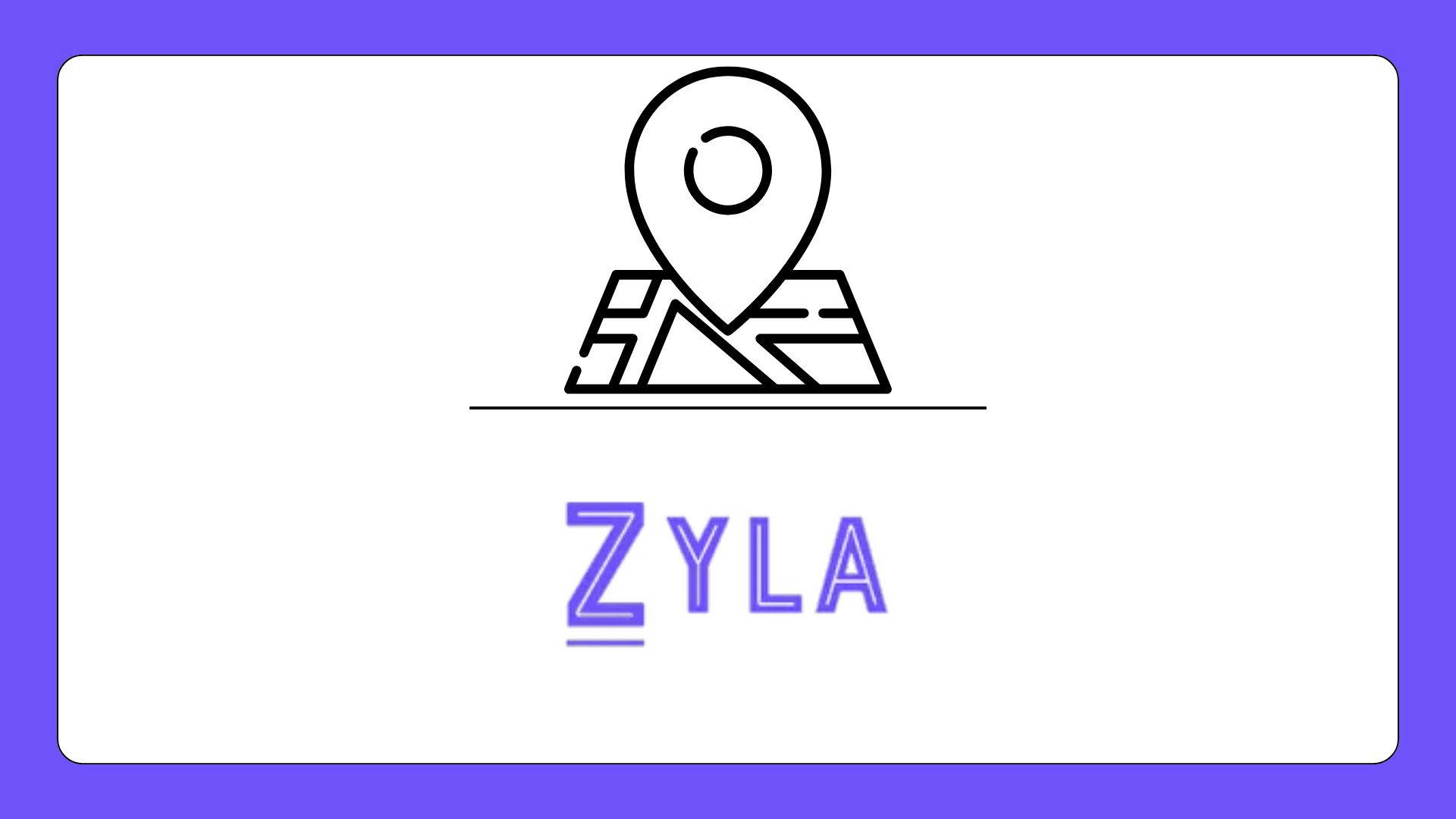Geolocation APIs are now crucial for businesses trying to remain competitive as a result of this shift. Zyla API Hub is a platform that offers cutting-edge APIs that let businesses and developers create ground-breaking user experiences.
Zyla API Hub: The Ultimate Partner in Geolocation Innovation
 Zyla API Hub.PNG 311.36 KB
Zyla API Hub.PNG 311.36 KB
Zyla API Hub apart is its commitment to driving innovation through collaboration. The platform not only provides state-of-the-art APIs but also fosters a community of developers and businesses eager to push the boundaries of what’s possible with geolocation. This API Hub offers extensive resources to support developers, including detailed documentation, sample codes, and interactive demos. This ecosystem ensures that even teams with minimal experience in geolocation can quickly get up to speed.
Zyla API Hub offers tailored solutions. Whether it’s advanced geocoding for urban planning or IP-based location targeting for digital marketers, the platform delivers APIs designed to address specific challenges. With scalable pricing models, Zyla API Hub ensures that businesses of all sizes can access its premium services. Startups can begin with cost-effective plans, while enterprises benefit from robust solutions capable of handling high-volume requests.
 Login.PNG 111.54 KB
Login.PNG 111.54 KB
- In healthcare, Geolocation APIs are improving patient care and operational efficiency. Emergency services can leverage real-time location tracking to reduce response times, ensuring that help reaches patients faster. Hospitals and clinics use geolocation data to guide visitors through sprawling campuses, minimizing confusion and delays. Additionally, geolocation is aiding in epidemic tracking and management by mapping the spread of diseases and identifying hotspots for targeted interventions.
- Brick-and-mortar stores are adopting Geolocation APIs to offer a hybrid shopping experience. By enabling location-based notifications, retailers can alert customers to in-store deals as they pass by. Personalized recommendations based on a user’s proximity to specific products or store sections further enhance the shopping journey. This seamless blend of physical and digital retail, powered by geolocation, is redefining customer engagement strategies.
- Educational institutions and EdTech platforms are also reaping the benefits of Geolocation APIs. Schools and universities use these APIs to manage campus security, monitor transportation routes, and even track attendance via location-based check-ins. For virtual learning platforms, geolocation helps connect students with local tutors or study groups, fostering a sense of community in a digital environment.

Registro gratuito
Prueba la mayoría de las APIs con una prueba gratuita de 7 días, ¡hasta 50 solicitudes!
Explora más de 6.400 APIs en más de 30 categorías
¡Obtén 2 meses gratis con suscripciones anuales!
Prueba cualquier API con 3 solicitudes gratuitas







